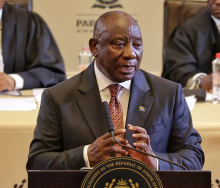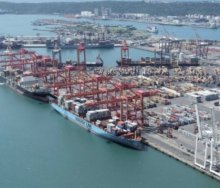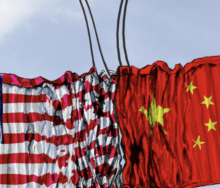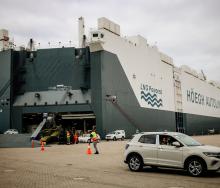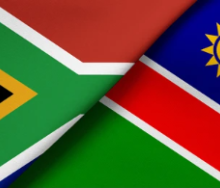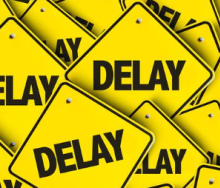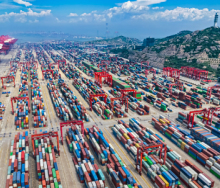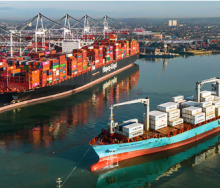Transport Minister Sibusiso Ndebele has revived the debate around the need for South African flagged ships.
Speaking at the 10th Anniversary of the Umyezane Broad-Based Black Economic Empowerment (B-BBEE) Conference and Business Awards -- which this year placed emphasis on the maritime sector -- Ndebele said South Africa could do much more to reap benefits from its maritime resources.
“We need to be organised as communities, business - particularly black people and women. We need to establish strategic and operational or service specific clusters, as key drivers of inclusive participation, competitiveness and coordination.
“[We need to] create effective regulatory frameworks which remove red tape, expedite transactions and bring in incentives for enterprise development,” said Ndebele, emphasising the need for the country to invest in skills development to further boost the sector.
According to Sars, in 2009, the 200 million tonnes of South Africa’s trade was carried by foreign flagged ships, costing the South African economy in excess of R37 billion per year.
Although the province of KwaZulu-Natal boasts two ports - one of which is the biggest on the African continent - and has one of the longest coastlines in the country, it has not been able to exploit the potential of the maritime industry.
Ndebele said the control of shipping was a key instrument in seeking economic emancipation.
“Trade constitutes about 58 percent of the country’s wealth measured as Gross Domestic Product (GDP), of which 98 percent of that trade by volume, or above 80 percent by value, is carried by ships, and that includes African trade.
“Considering that South Africa is amongst the world’s top 15 shipping nations by tonne per mile measurement, these factors would normally lead to a country prioritising a sector so critical to the success of its entire economic and socio-political programme and future,” said Ndebele.
The marine resources industries were the new investment priority areas by the state, in seeking both food and energy security for South Africa and definitely the continent.
Ndebele said government would also need to prioritise the development of two key pillars of freight markets: South African flagged tonnage (ships) and the commodity trading (exchange) facilities.
These two pillars in freight market influence would assist in justifying the billions earmarked for infrastructure development mentioned in President Jacob Zuma’s State of the Nation Address.
Zuma announced a R300 billion spend on the expansion of, primarily, the country’s maritime freight corridors, split between rail and ports.
“It still begs the question, who is to move those freight volumes to markets and facilitate trading?” asked Ndebele.
Source - BuaNews
